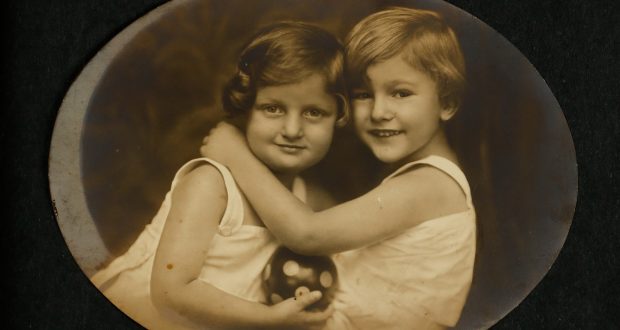It was a mission she knew she might not survive.
Still, in March 1944, a young Jewish immigrant to Palestine named Hannah Senesh (Anna Szenes) parachuted into occupied Slovenia on behalf of the British Army.
The goals were twofold — to help Allied pilots who had fallen behind enemy lines flee to safety and to work with partisan forces to rescue Jewish communities under Nazi occupation.
Senesh was captured by the Hungarian police on June 7, tortured for months, and executed on November 7. She was only 23.
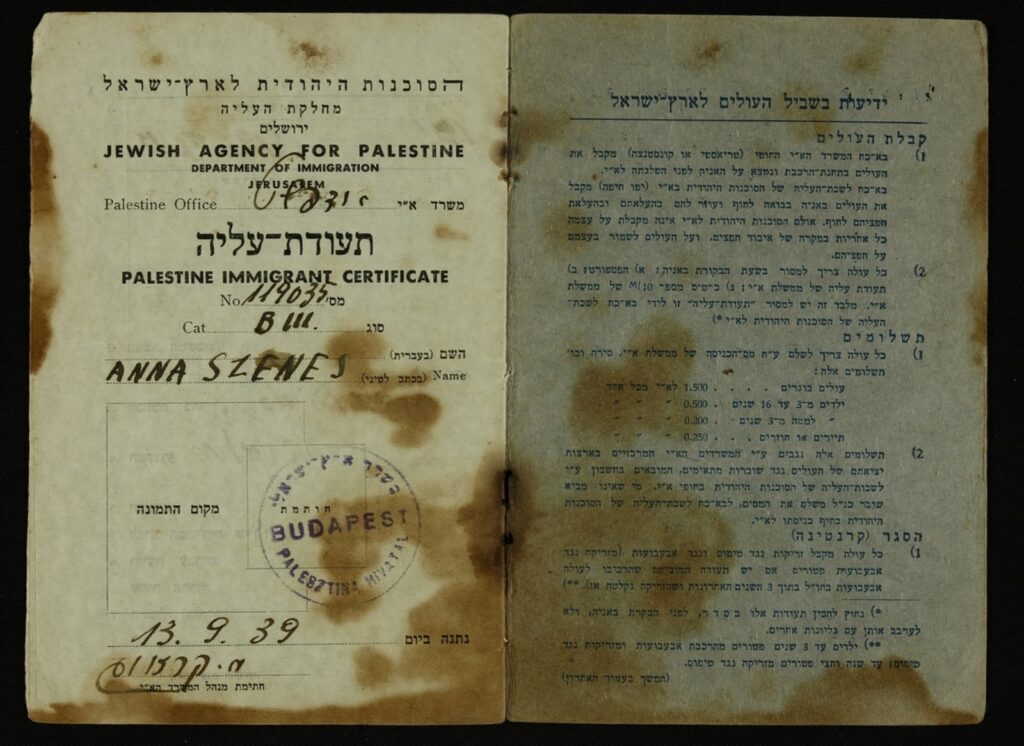
A year later, a soldier in the British Army’s Jewish Brigade, Moshe Braslavski, returned to Kibbutz Sdot Yam, where Senesh had come to live in 1941. He found a suitcase full of letters, diaries, songs, poems and more under her bed.
Her tragic, heroic story and her poems — including “A Walk to Caesarea” (known popularly as “Eli, Eli” / “My God, My God”) — have made Senesh into an iconic figure of modern Jewish, Israeli and Zionist culture.
This year, Kibbutz Sdot Yam renovated its Hannah Senesh House, established in 1950, with an audiovisual display in Hebrew, English, Russian, French, Spanish and German presenting the story of her life, mission and death.
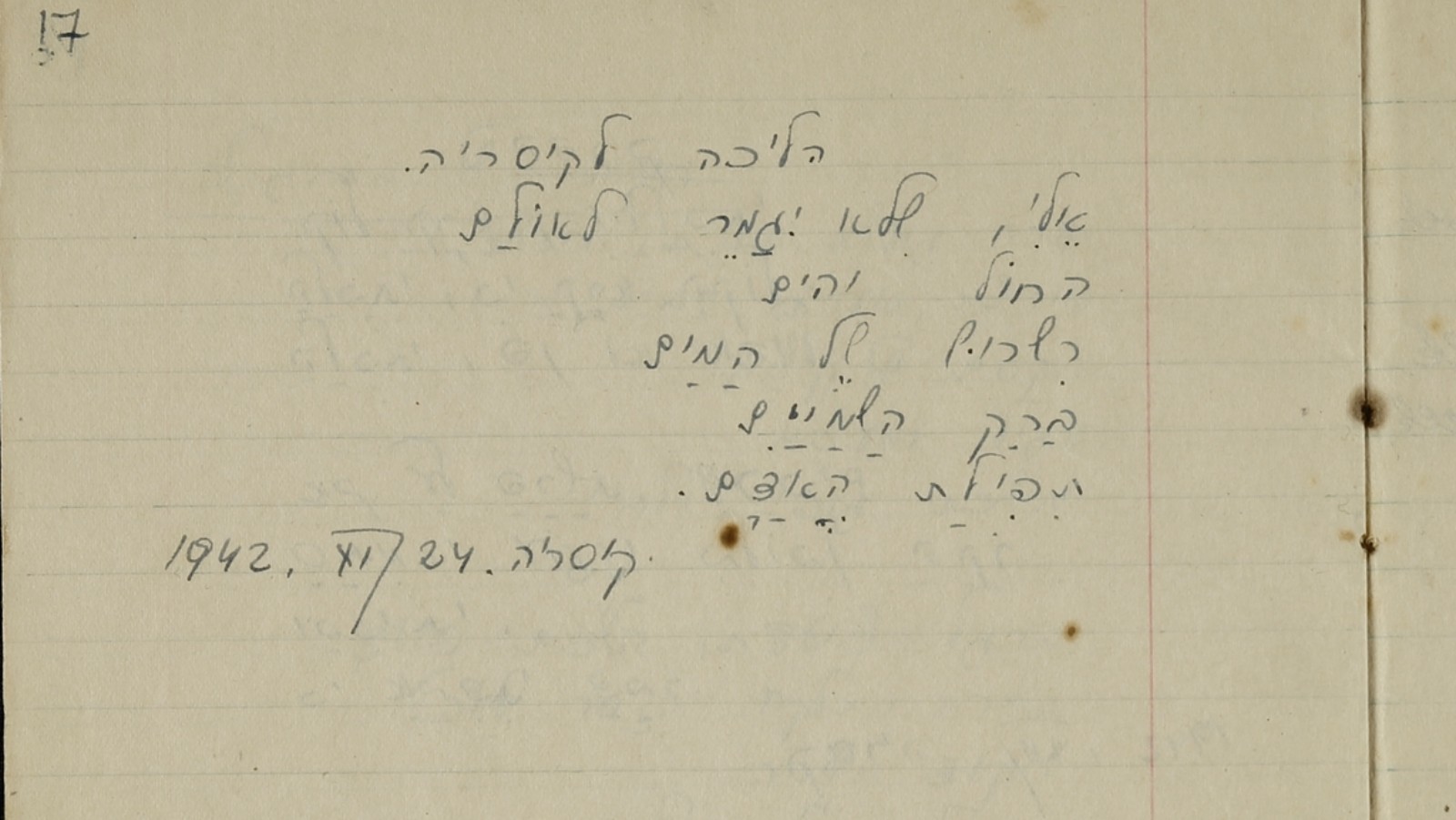
Hannah Senesh House also houses an exhibition about the other six paratroopers who were killed on that mission and a monument brought from the Budapest cemetery, where she was initially interred. Her coffin was moved to Jerusalem’s Mount Herzl National Cemetery in 1950.
There is also a new Hannah Senesh Archival Collection on display at the National Library in Jerusalem.
It contains her handwritten poems, personal diaries, a newspaper she edited at the age of six, letters, photographs, personal documents, the transcript of her trial and her suitcase, typewriter and camera.
Perhaps the two most moving items in the collection are a pair of notes found in her dress following her execution: the last poem she ever wrote and a letter to her mother.
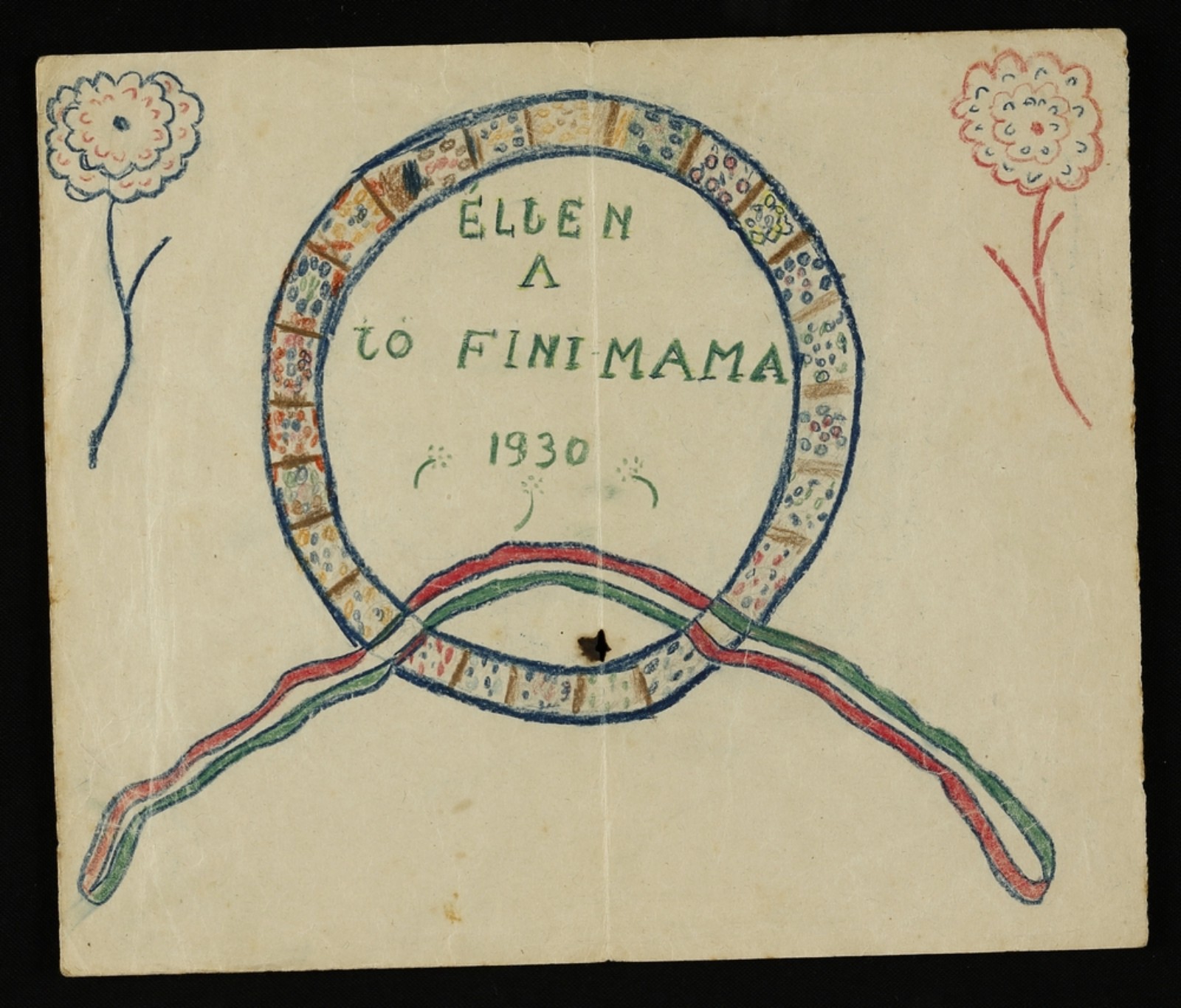
“In 2021, we will commemorate 100 years since Hannah Senesh’s birth, and the National Library of Israel will work throughout the year to open global digital access to this significant archive, giving it pride of place among the millions of other cultural treasures we have digitized and made available online over the past decade,” said Oren Weinberg, director of the National Library of Israel.
The archive had been kept by the family until now.
After the war, Hannah’s mother, Katherine, immigrated to Palestine with more of her daughter’s writings and personal items from their home in Budapest. Katherine received the materials Braslavski had found on the kibbutz and kept the complete collection in her apartment in Haifa.
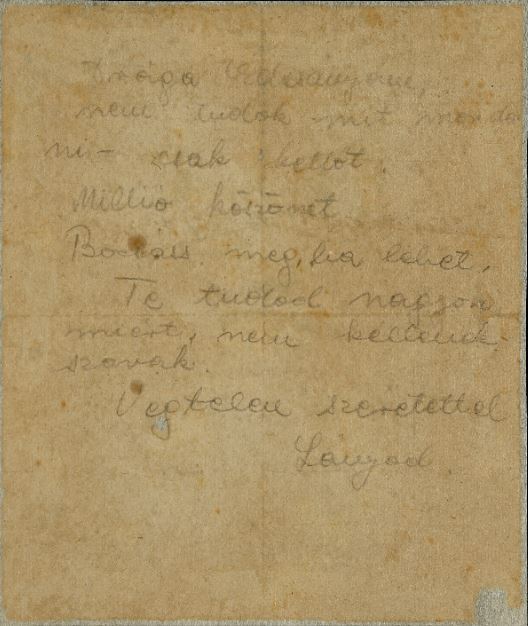
Following Katherine’s death in 1992 and the death of Hannah’s brother Giora in 1995, the materials were passed down to Giora’s sons, Eitan and David, who used them to promote Hannah’s memory and legacy. Eitan also worked to manage, catalogue, translate and preserve the literary estate.
Over the past year, Ori and Mirit Eisen from Arizona enabled the transfer of the complete Hannah Senesh Archival Collection to the National Library of Israel, where it can be seen alongside the personal papers of other cultural figures, including Maimonides, Sir Isaac Newton, Martin Buber, Franz Kafka and Naomi Shemer.
“We feel that the collection has reached safe harbor, just as the renewed Hannah Senesh House opens in Kibbutz Sdot Yam,” commented the Senesh family.
“We thank the National Library of Israel and the Eisen family for their efforts and assistance and are happy and excited that the flame of the poet Hannah Senesh and her father, the writer Bela Szenes, will now be preserved in the most suitable place — the National Library of Israel in Jerusalem — and that from there, its light will shine upon the world.”
For information on Hannah Senesh House on Kibbutz Sdot Yam, click here.
For information on the National Library’s Hannah Senesh Archival Collection, click here.
A WWII heroine lives on in museum and archive appeared first on ISRAEL21c.
(Edited by Fern Siegel and David Martosko)
The post The Nazis Executed Her For Helping European Jews. Her Poems And Letters Finally Found Safe Harbor. appeared first on Zenger News.
 Westside Story Newspaper – Online The News of The Empire – Sharing the Quest for Excellence
Westside Story Newspaper – Online The News of The Empire – Sharing the Quest for Excellence
